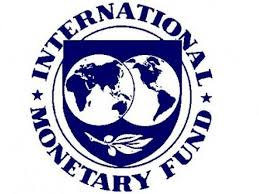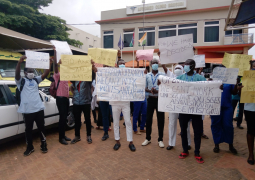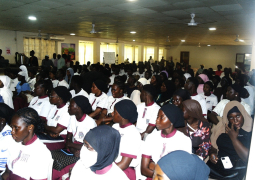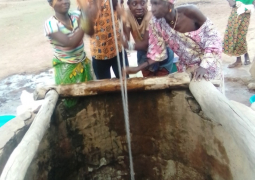
In a news release, the IMF indicated that the COVID-19 pandemic continues to represent a significant challenge to country’s economy, adding that growth is expected to rebound to 6.0% in 2021.
“Today, the Executive Board of the IMF completed the first review of The Gambia’s performance under a program supported by a 39-month Extended Credit Facility (ECF) arrangement. The ECF, with a total access of SDR 35 million, (about US$47.1 million at the time of approval, or 56.3 percent of quota), was approved by the IMF Executive Board on March 23, 2020,” according to the release.
IMF further states that completion of the first review enables an immediate disbursement of SDR 20 million, about US$28.8 million; to help meet the country’s balance-of-payments and fiscal financing needs and support the post-pandemic recovery. This is said to bring total disbursements under the arrangement to SDR 25 million (about US$36 million).
“In completing the review, the Executive Board also approved an augmentation of access under the ECF arrangement from SDR 35 million to SDR 55 million (or 88.4 percent of The Gambia’s quota in the Fund). The Board also completed a financing assurances review and granted a waiver of nonobservance of a continuous quantitative performance criterion relating to a zero ceiling on the accumulation of external payment arrears.”
Since the onset of the COVID-19 pandemic, IMF said The Gambia has also benefited from an IMF Rapid Credit Facility disbursement of SDR 15.55 million (US$ 21.3 million at the time of approval) and is receiving debt service relief from the IMF under the Catastrophe Containment and Relief Trust, expected to total SDR 7.9 million, of which SDR 4.2 million (about US$5.83 million) has already been approved.
Following the Executive Board’s discussion, Mr. Tao Zhang, acting chair and deputy managing director, explained that The Gambia has been severely impacted by the COVID-19 pandemic. He added that the authorities’ decisive response to the pandemic has helped to moderate its impact and set the stage for economic recovery.
“Continued commitment to prudent policies and adhering to the fiscal envelope, while protecting social spending is critical to support the recovery and the attainment of program objectives. Efforts to strengthen domestic revenue mobilisation should focus on reducing tax exemptions and reinforcing tax and customs administration,” he stated.
He further dwelt that ardent pursuit of governance reforms, including in public procurement, anti-money laundering, and the overall anti-corruption framework is important to enhance transparency, while adding that these efforts would also help to cement positive perceptions of The Gambia as a sound business destination and support private sector-led inclusive growth.





